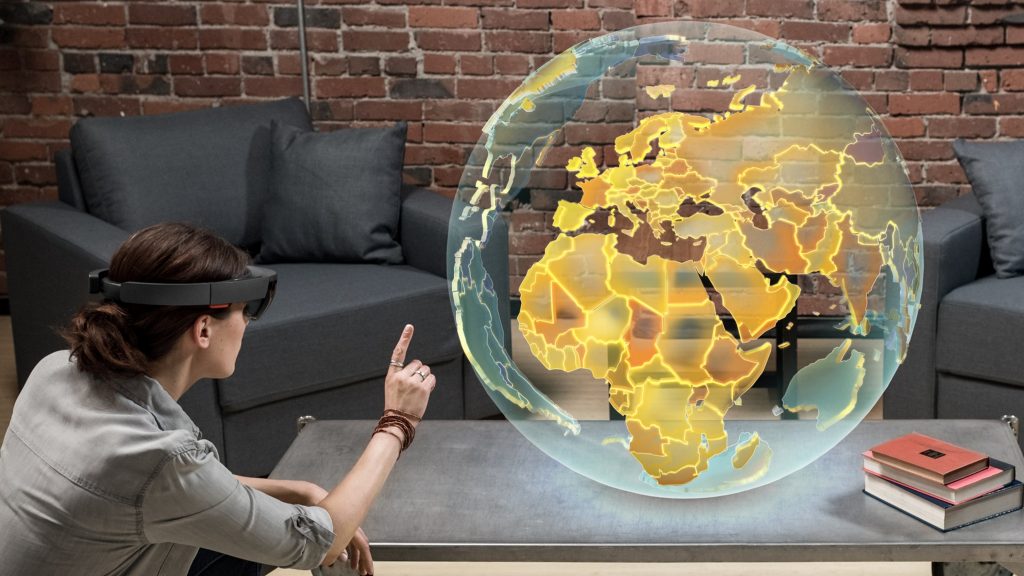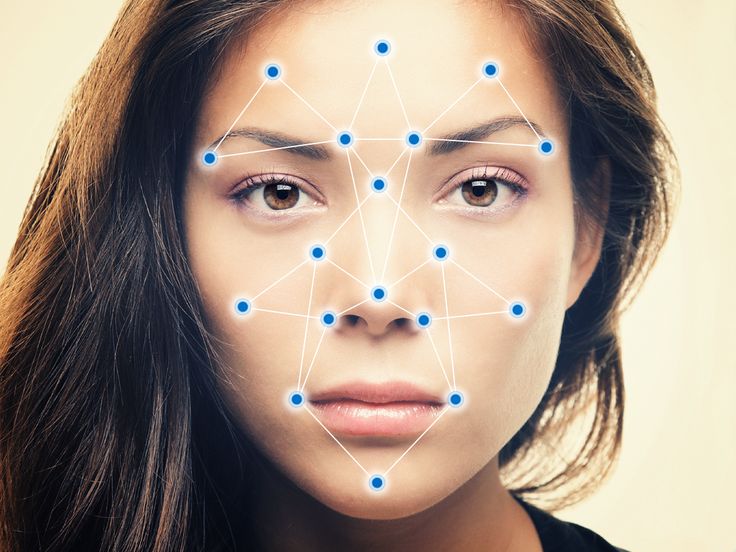Although Augmented Reality (AR) and Virtual Reality (VR) are usually easily mistaken for each other, there are quite different. VR devices block off user’s perception of the real world, only imposing virtual worlds on them. On the other hand, AR devices compliment user views of the real world with digital overlays. Not to worry the following will help clarify things.
1. The AR Market is projected to grow up to USD $90 billion by 2020. Digi-Capital experts almost 50% of revenue to come from sales of AR hardware.
2. CSS insights estimate that global AR headsets sales could reach USD $1.2 billion by 2017. This is good news for HoloLens developer Microsoft.
3. Microsoft was able to showcase its HoloLens hollow graphic after purchasing Minecraft maker Mojang for USD $2.5 billion 2 years ago.
4. In July 2016, Pokémon Go, Niantic’s game reached the maximum peak of 45 million daily users. Nevertheless, the amount dipped to 30 million the following month and continued decreasing.
5. Pokémon Go was associated with numerous crimes inclusive of theft, assaults, bad driving and robberies. Niantic got sued for taking over private parks through the game. All this signified the risks of merging the digital world with the real one.
6. An ISACA survey revealed that 73% of Americans new about the Internet of Things IoT and AR market. Despite the figures, the latter show a significant fall from 83% in 2015. As the fields continue expanding, people become confused.
7. In the same ISACA survey, 77% of respondences indicated the need for AR enhancements and IoT devices to work synchronously. The Mirai botnet attacks supported their concerns.
8. Between 60-70% consumers understand the benefits of AR and IoT. In reality, 69% understand they can learn new skills from tech. Whereas, 62% understand shopping benefits, the other 62% advocated for health benefits.
9. Presently, AngelList has a record of 737 AR startups with an average value of USD $4.7 million. Waygo, Augmedix, and Leap Motion were three most followed startup companies.
10. Magic Leap stands as the most valuable AR startup at USD $4.5 billion as of February. Post-fundraising USD $793.5 million. The company’s AR headsets that are under development are similar to HoloLens. Despite failing to break into the AR market using the maligned Google Glass, Alphabet’s Google is among the top investors.
The VR market often overshadows the AR market. This should actually be the other way around since AR is closer to reality than VR- which corresponds more with gaming and entertainment. Investors need to watch for digitizing companies.
More News To Read











